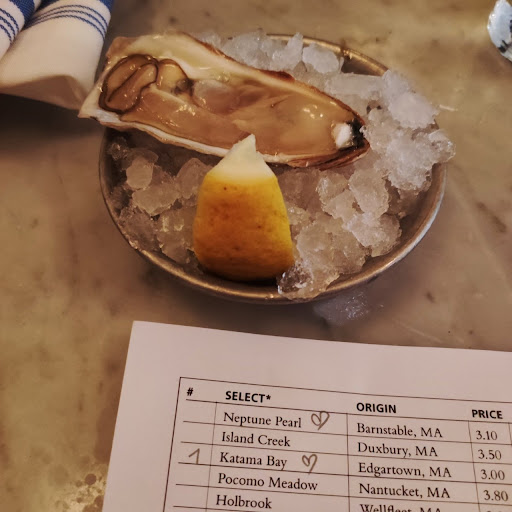

Philine Schiller
Do we follow recipes or do recipes follow our hunger?
I was raised on food like any other human being, but it took me another 28 years to realise I could engage with it academically. I am interested in the entanglements of recipes, humans, and hunger. Do recipes reflect what we eat or do they also, in turn, influence our foodways? How do they narratively frame living ingredients and the dishes they become? Using the oyster as both a specific and metaphoric example, I not only showcase how food lends itself exceptionally well as a lens through which to examine culture, history, language, and the environment, but I also explore the oyster ecologically, historically and socially—from its life cycle to symbolism, recipes, literature, multifold oyster-human interactions, Indigenous and colonial life- and foodways, wildlife preservation efforts, and its long history of being eaten. By doing so, I hope to shed light on the ethics of endangered foods and the threat of culinary extinction.
I hold a teaching degree in English and Spanish from the University of Heidelberg and have also taught university classes in the fields of American studies, culture, and food. Outside of academia, I am working on creating a food zine, chewy, with my friend and food studies colleague Alkim Kutlu. Obviously, I love to cook and eat an excessive amount.
philine.schiller@uni-a.de

Food is frequently preserved in print. It follows that recipes reflect not only preparation methods but also culinary shifts in ecological sensibilities. Can they also contribute to future eating practices?
Preserved In Print: American Food Writing, Shifting Foodways and the Oyster Under the Surface
Food is frequently preserved in print. It follows that recipes reflect not only preparation methods but also culinary shifts in ecological sensibilities. Can they also contribute to future eating practices?
